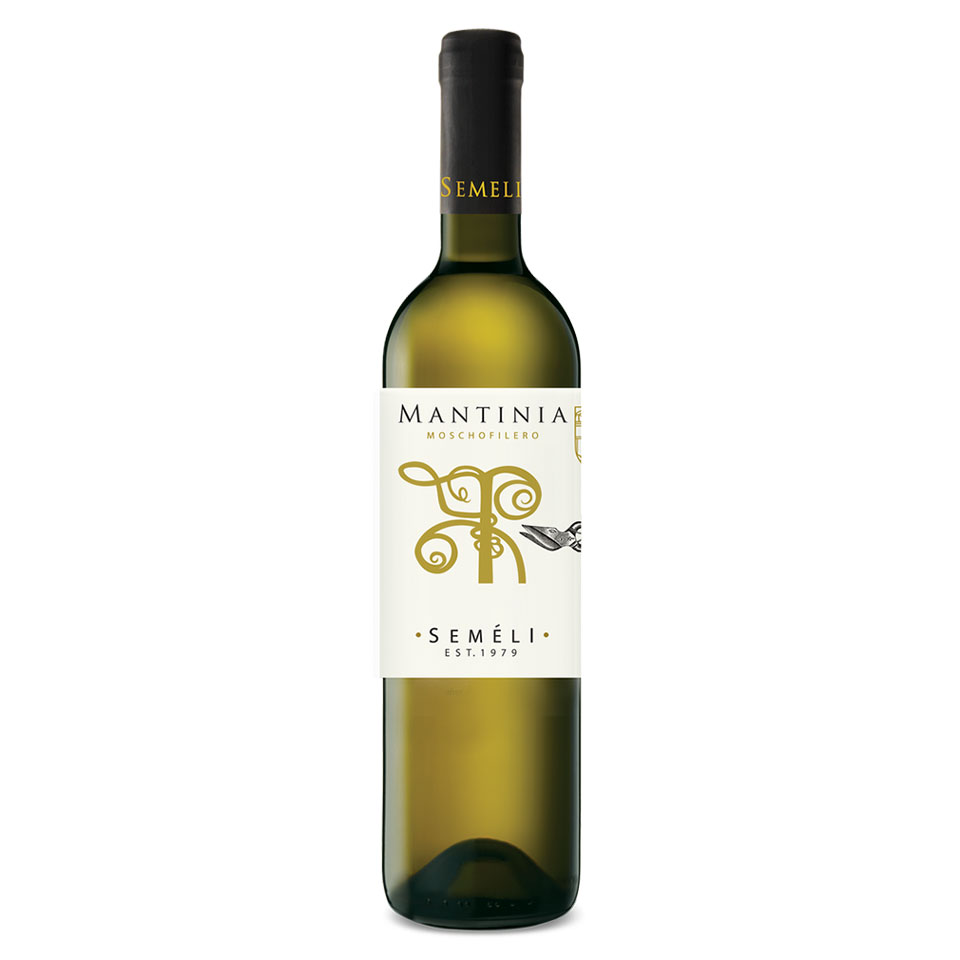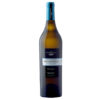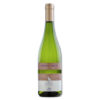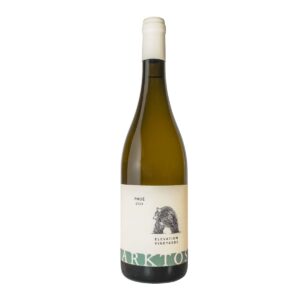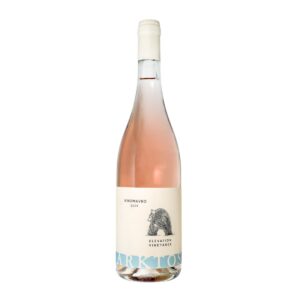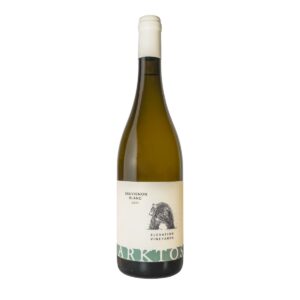Produced from Moschofilero grown in vineyards at Zevgolatio in the Mantinia region, at an altitude of 650m. Slow fermentation at a steady temperature of 17-18°C.
Bright, yellow-green color. Elegant floral aromas with lemon, citrus and rose petals, typical of the Moschofilero variety. Rich and fruity on the palate, with a long aromatic aftertaste.
Ideally paired with seafood, shellfish, and fish in lemon sauces, as well as with Asian specialties. It is best served at 8-11°C.

